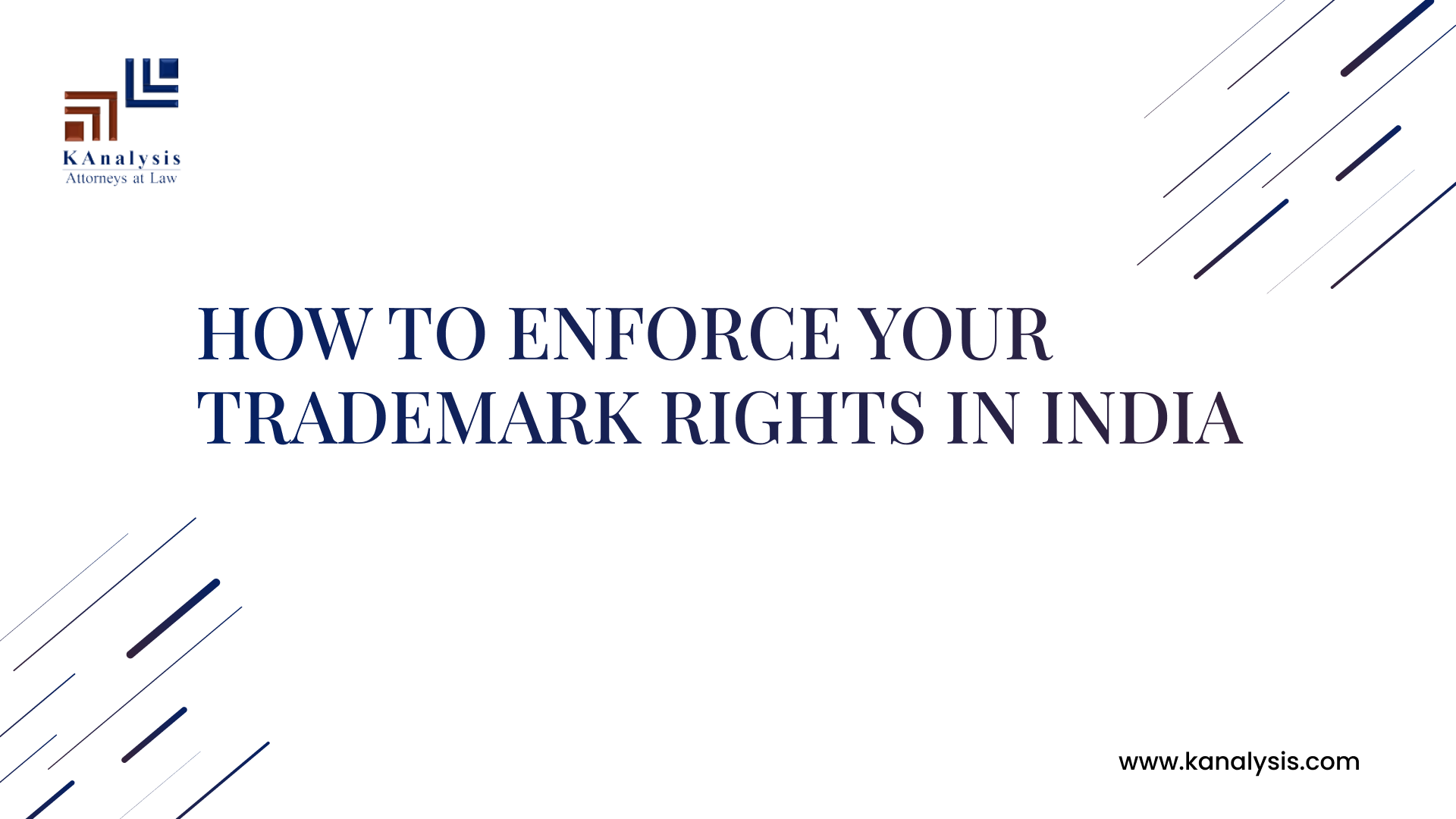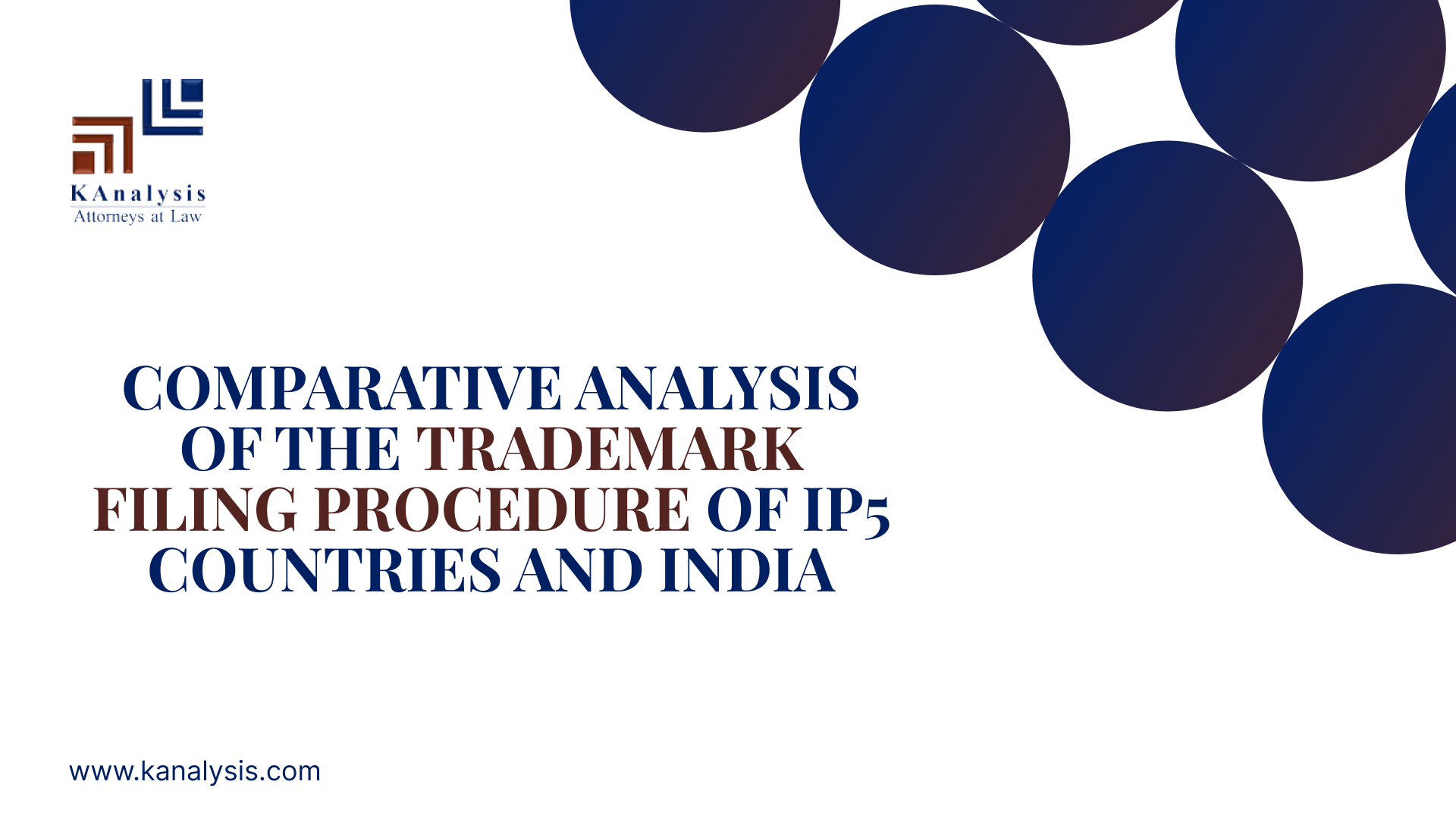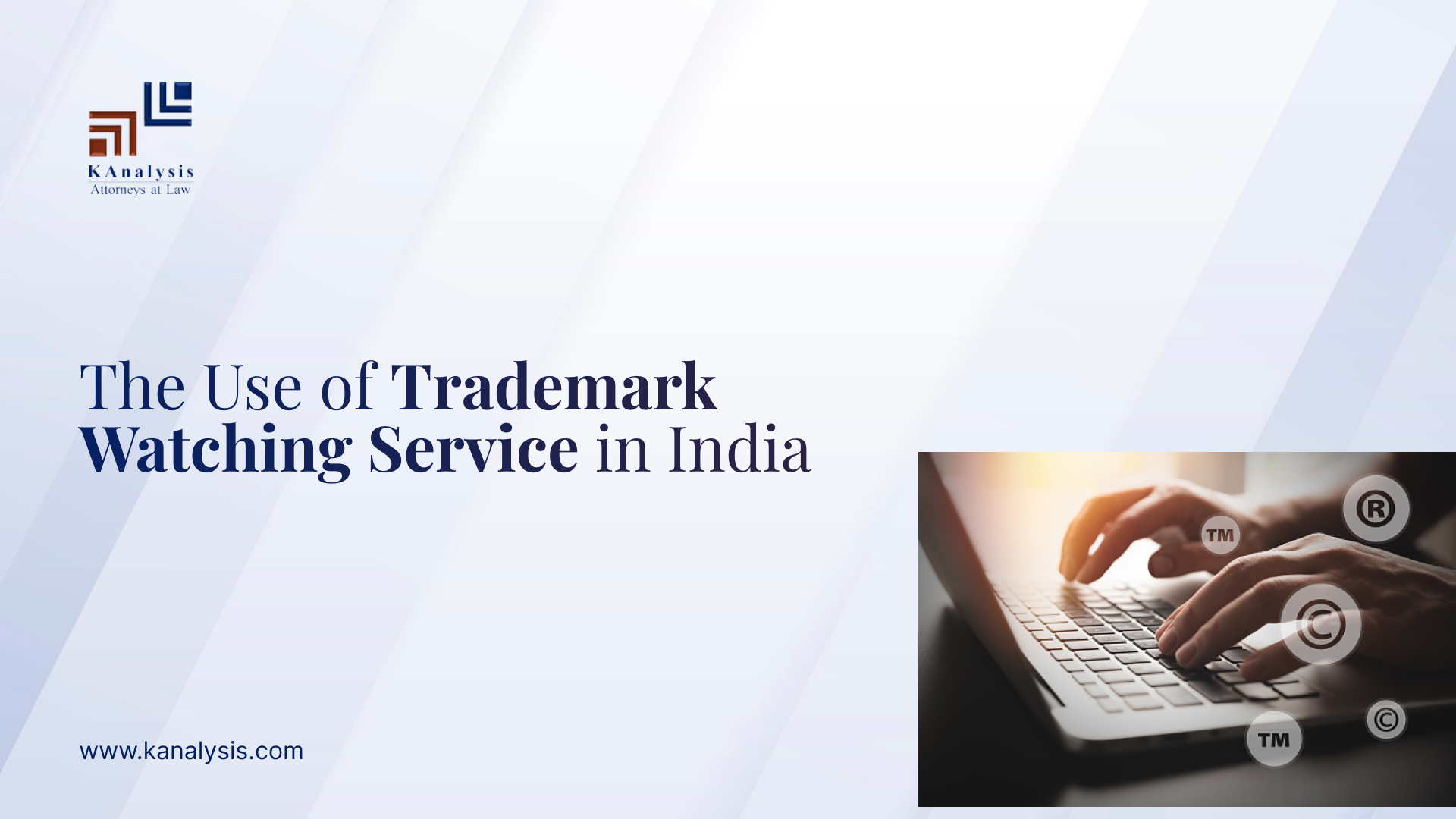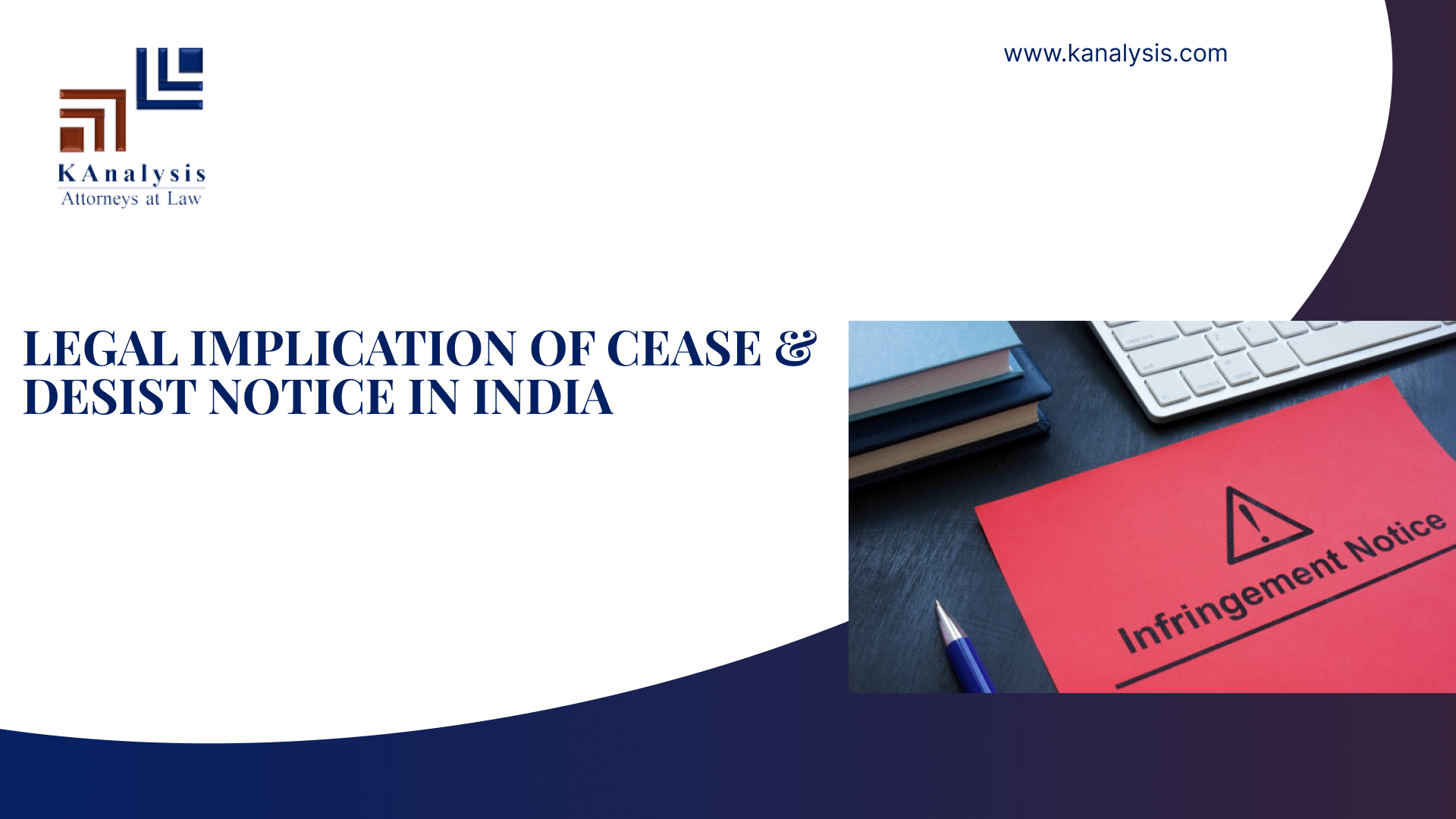Trademarks are important business assets, built through goodwill and reputation. They can be subject to misuse through infringement, dilution, cybersquatting, unfair competition, false advertising, etc. Even a vigilant trademark owner may not find all the possible misuses of a trademark by competitors and other members of the public. However, failure to enforce a trademark by monitoring the mark for misuses will result in weakening of the mark and loss of distinctiveness, which can lead to the loss of trademark. The potential consequence of not enforcing a trademark can be loss of trademark in long run, loss of goodwill and reputation which will certainly cost you customers and business.
TRADEMARK INFRINGEMENT
Trademark infringement is defined under Section 29 of the Trademarks Act, 1999. It says that a registered proprietor gets a right to sue any business, in cases involving the use of an identical or similar mark regarding identical or similar goods or services in respect of which the mark is registered. Though registration of trademark is not mandatory since common law action of passing off is available for on-registered mark but at the same time registering a mark holds a good legal value while claiming infringement.
Section 29 further provides for the circumstances in which infringement of trademark can be claimed such as:
- Usage of the mark which is identical or deceptively similar to the trademark, about goods or services in respect of which the trademark has been registered.
- Usage of the identical or similar mark in respect of identical or similar goods or services is likely to confuse the public or is likely to have an association with the registered trademark;
- Usage or identical or similar mark about different goods or services is likely to take unfair advantage of or is detrimental to the distinctive character or reputation of the registered trademark;
- Usage of a registered trademark as part of trade name or name of business concern or part of the name of business concern dealing in similar goods or services;
- Application of the registered trademark to a material that is intended to be used for labelling or packaging of goods, as a business paper, or for advertising goods or services subject to the fact that such person was not duly authorized by the proprietor or licensee of the trademark;
- In cases where a trademark is advertised, and such advertising takes advantage of and is contrary to honest practices in industrial and commercial matters or is detrimental to its distinctive character, or is against the reputation of a trademark;
- In cases where the distinctive elements of a registered trademark include words, infringement might occur by the spoken use of such words and their visual representations.
LEGAL REMEDIES
The trademark infringement is cognizable offence in India, though the law provides for both civil and criminal remedies.
- Civil Remedies
- Injunction against the use of the trademark (filed under Order 39 Rule 1 and 2 of the Civil Procedure Code);
- Claim for damages;
- Accounts and handing over of profits;
- Appointment of the local commissioner by the court for custody/ sealing of infringing material/accounts;
- Criminal Remedies
Filed under Sections 103 and 104 of the Trademarks Act, 1999. Such complaints are filed at the Magistrate court to seek an order directing the police to investigate and carry out raids.
- Section 103 deals with the penalty for applying for false trademarks, trade descriptions, etc.
- Section 104 deals with the penalty for selling goods or providing services to which a false trademark or false trade description is applied.
The penalties under both sections provide for imprisonment of a term of six months which may extend to three years, along with a fine which shall not be less than fifty thousand rupees but may extend to two lakh rupees.
- Administrative Remedies
- Section 115 (4) of the Act talks about the powers of police for the process of search and seizure of any such products which calls for action against infringement of the trademark.
The catch in this provision is that the police officer before making any such raids and takeover has to obtain a certificate of opinion from the registrar on the facts of the case and shall abide by the opinion made. The registrar, although is not obliged to give any such opinion and also the database made available to the Registrar of Trade Marks is not adequate, as it fails to recognize the device marks or symbols or labels, which constrains the Registrar from giving an opinion owing to the non-availability of the entire database comprising word marks as well as device marks or symbols or labels.
This provision many a time’s delays the process of conducting a raid and meanwhile the maker of the counterfeit product continues to sell such products and gain profit. It might also give time to the counterfeit producer to escape or destroy evidence.
ROLE OF TRADEMARK OFFICE
Before initiating an infringement action against any one, one has to send a demand letter and send it to the infringer. Sending a demand letter/cease and desist notice to an alleged infringer is highly beneficial and can help address the infringement without having to resort to litigation.During the opposition proceedings after the hearing stage, the Registrar decides whether or not to register the trademark after hearing both parties and considering the provided evidence. If the opposition argument is rejected, the trademark goes forward for registration; if it is approved, the trademark registration is rejected.
The role of trademark office is not as such big in infringement proceeding cause the owner has the right to proceed with criminal and civil remedies. The role of trademark office comes in light when the court requires the data and report while proceeding with matter. The registrar is also required to give opinion when it is demanded by the police officer while proceeding with the raid of search and seizure of infringing material.
WORKING WITH A TRADEMARK ATTORNEY
To enforce your trademark right, a trademark attorney is essential to guide in each and every step and to make the process efficient. A Trademark attorney will always be beneficial from discovering the infringement to getting the issues resolved. Thus, their work can be summarized as follows:
- Providing Legal Advice
- Performing Searches
- Sending Demand letter
- Calculating damages and demanding the same
- Domain management
- Enforcement of trademark rights
- Brand protection
- Representing in infringement proceedings
CONCLUSION
Enforcement of Trademark is as necessary as having it registered. Enforcement of trademark rights protect you from losing business and ends the confusion created in customer’s mind. To enforce your trademark right, you can opt for civil or criminal remedies and proceed in that direction to prevent the infringer from using that mark.
Subscribe to our monthly newsletter here and read all our blogs here
